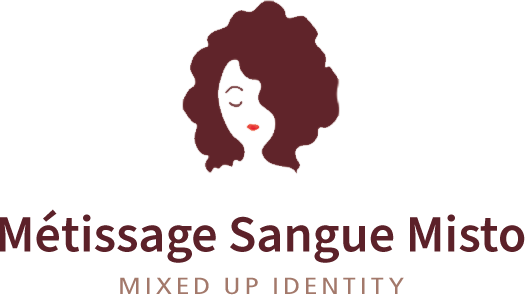Interview By Cynthia Vera on London Business Magazine
Growing up, Luisa Casagrande was brought up in an optimistic and biracial family that encouraged her to be open-minded, creative and challenge the often toxic perceptions of multicultural racial identities. This equipped her with all the necessary tools she needed to understand just how multidimensional people can be.
The entrepreneurial creative focuses her work on creating a community for people to feel seen and heard across Italy and Nigeria. The certified Cultural & Diversity Mentor is on a mission to empower both the youth and women to explore their creativity and reach their full potential in business and their identities.
You describe yourself as a “multidimensional, polymath, multipotentialite entrepreneur”, can you expand on what this means?
I really love this personal statement because it concerns my real core being. First of all, I’m an entrepreneur, equipped with the courage, and ability to take risks. I’m gifted with the capacity of innovation, vision, and an open mindset. I have divergent interests and countless passions and embrace them all at once, being a creative and out-of-the-box thinker. I’m multidimensional because I have my reality focused on multiple dimensions at one time, and that’s how I get the best of every single opportunity in my lifetime. I love following my curiosity down those infinite rabbit holes and exploring the intersections during my journey, embracing my inner wiring leads to a happier, and more authentic life.
I’m a polymath simply because my knowledge spans a substantial number of subjects. I can juggle different fields of expertise with satisfaction, work productivity, creativity, and the ability to solve specific problems. I love moving between different spheres of disciplines, but I seek fundamental connections between those fields as to have a unique insight into each of them. Then, I’m a multipotentialite entrepreneur because, as Emilie Wapnick used to say, a multipotentialite is “someone with many interests and creative pursuits“. Translated in my world, it means I can build and set successful goals with room for all my passions. I aim for variety, meaning, and fulfilment. To the outside world, it may seem like I’m a sort of “Jack of all trades who is the master of none“, but nothing travels so far from this idea.
In reality, I’m just conveying the concept of the power of cross-pollination, developing diverse disciplines that can fuel creativity and productivity by putting ideas in one field to inspire innovations in the other. My lifestyle is the optimal path to creativity because, by its very nature, it requires me to be diverse in my experience and my learning. I’m finding more benefits from widening my interests, rather than relentlessly pursuing a narrow specialism.
Your biracial and multicultural identity are an integral part of your work, how important is it that this part of yourself has visibility in the world?
My biracial identity and multicultural background are a great blessing. They are everything to me because they gave me the opportunity to socialise with a broader range of people from different backgrounds. They act as a bridge which connects one shore to the other of a sea.
“Being multicultural is viewing us as resilient, rather than burdened“
Having a multicultural background is one of the most amazing qualities to discover in a person, because it is loaded with some challenges like having to navigate racial identities. This makes us more adaptable, creative, and open-minded than those who tick a single box. We are destined to play an important role in the development of our modern society. This is why it’s very important for me to give visibility to this part of our biracial/multicultural selves – the part of being a wider circle of influence than most of the mono-racial people. Being biracial and multicultural is meant to be a bridge, not a wall. Being multicultural is viewing us as resilient, rather than burdened.
Theories of identity development propose that multiracial individuals need to integrate their multiple identities in order to develop a stable self. But, in spite of bias directed to us, we have notable and unusual powers of resilience. A great ability to switch between racial identities and be easily adaptable to circumstances and different environments, feeling less defined by race than others do. The right visibility is giving us the opportunity to share how we are fulfilled with a sort of open-mindedness and empathy towards other cultures. It gives us the opportunity to share how we achieve a culturally tolerant attitude towards people who have cultural backgrounds that differ from ours. We can easily understand and read other people’s feelings, and behaviours, be sources of inspiration and creativity that affect our culture and perspectives on ideas. Having the visibility of being multicultural is giving us the opportunity to share these tools and experiences which helps people understand what it means to navigate between cultures. Much like the Edgewalkers from Dr. Nina Boyd Krebs’ book.
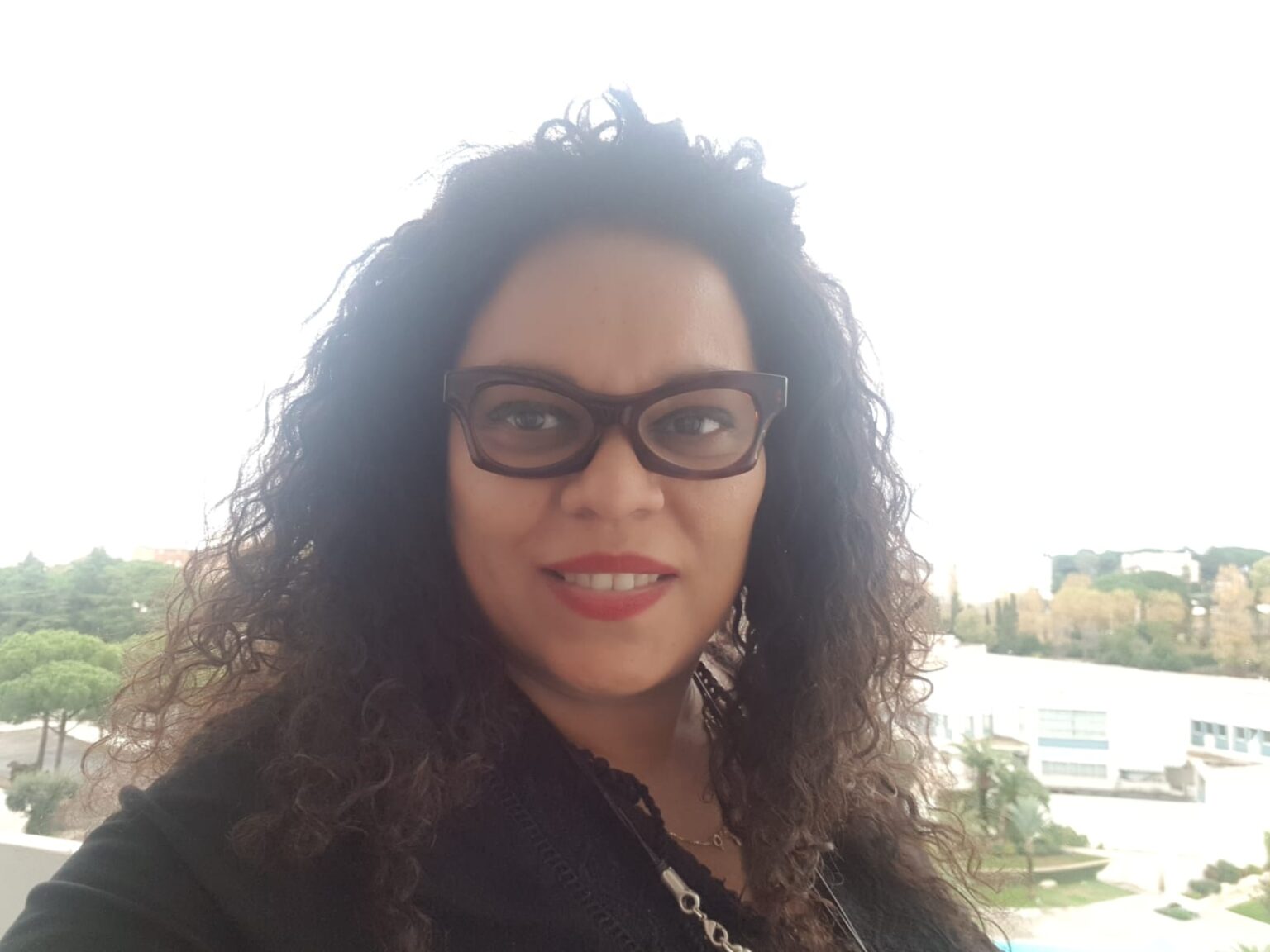
When did you realise you had the power to create a community that would give a voice for mixed heritage people?
I realized I had the power to create a community like MétissageSangueMisto when I saw the terms for a real change by visualizing the concepts of race, identity, and culture. It was 2011 when I embodied the feeling that it could be possible to change what the potent, often toxic, concept of what race means. I asked myself what will the perception of “race” be when all of us will become brown? I tried to find the answers among my fellows, interacting and including, also, other mono-cultural experiences. Their voices raised, and continue to raise, many aspects of being biracial.
Having a community or network of social support in which one can confide, help racial and ethnic minority populations deal with discrimination and the resultant stress that is associated with it. Having such a community is particularly important for multiracial people, as they can have difficulty finding a multicultural or multiracial community to identify with. I then got certified as a Cultural & Diversity Mentor to help and support mixed racial background fellows and multiracial youth who were unable to find role models.
What was the main inspiration that led you to create the MétissageSangueMisto web magazine?
I grew up in a very optimistic and self-confident environment. My parents taught me to be a person who can interact in a world made of multiple personalities and characters. This equipped me with all the necessary tools to tackle and deal with tips like biases, racism, self-esteem and handling my emotions. When I confronted other biracial and multicultural people, I found that for the most of them, things weren’t matching as how it is supposed to be. When they were kids, their family didn’t act as the most crucial influence on the development of their understanding. They didn’t have the opportunity to learn what is expected of them in society. Nor did they have the chance to figure out how they fit into the world or develop a sense of self identity with a strong foundation to deal with all the conflicts of life.
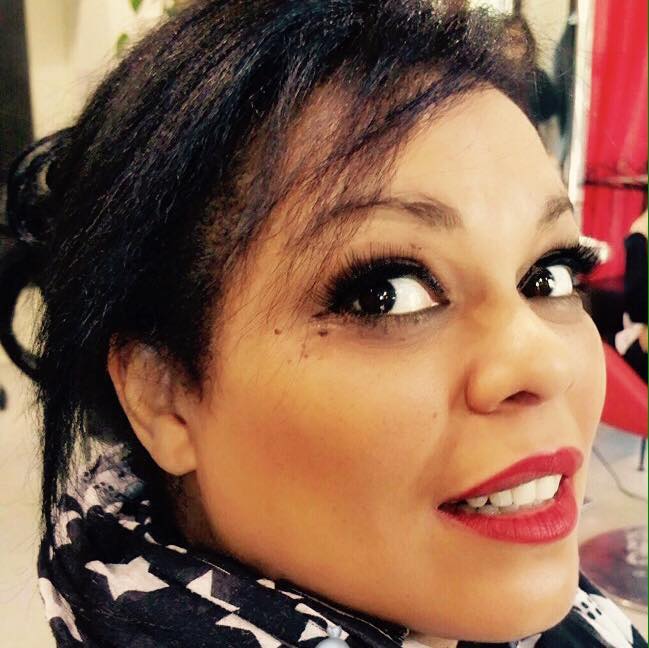
I contacted many fellows fighting battles and struggling to have a clear vision of their future and, more especially, their identity. They were deprived of the basic interactions which would have helped them deal with issues. For example, identity formation, building self-esteem, emotional perspectives, and intellectual development. Their environment didn’t help them face their conflicts and provide the foundations for them to overcome these conflicts. I then read the marvellous book of Dr. Nina Boyd Krebs, Edgewalkers, which provides a sound framework and wonderful examples of people and organizations who have stepped out of the “mainstream” ways of thinking. I got the final statement that a new reality was possible, and a process of awareness was really important and necessary. I am staunch in the fact that we are all Edgewalkers, walking between two worlds. It is compulsory, for those who have the acquired experience, to share, inspire and create opportunities that might help in defying formal boundaries and fostering creativity at every level of life.
How do you incorporate both Nigerian and Italian culture into your business and work ethics?
Both my Nigerian and Italian culture incorporate the principles of multiculturalism into my business and work ethic. As I said, people who have been deeply socialized in more than one culture are capable to carry with them not only racial variation. Also mixed cultural identities and competencies that result from the way in which they experience their status. Both ethnic backgrounds in my work environment create a diverse business culture because it offers many advantages. Globalization and technology revolutionized the way we work, communicate, and the way we live, leading us into our cultural awareness and knowledge. It’s also helped to open our horizons, stretching them far beyond the borders of our countries. This makes the people we interact with become more open and accepting towards ideas and foreign concepts; but it generally ignites a will to learn and discover more than they already know.
As a Certified Mentor, I used to implement some multicultural programs because inclusiveness and diversity aren’t mutually exclusive. I believed that my workplace could benefit from a multicultural program that exposes employees to both differences and similarities among colleagues. The result is greater participation and enthusiasm in all the challenges faced. Tolerance is one of the key points I insert in other kinds of awareness mentorship programs. It’s very important to understand what it is because having tolerant team members, whether in Italy or in Nigeria, will not only improve relations amongst each other; but also affect the way they interact with everyone around them. Be it managers, colleagues from departments, suppliers, clients, or customers. Tolerance is about accepting that all people are different, and goes beyond accepting that, it’s about valuing and cherishing it.
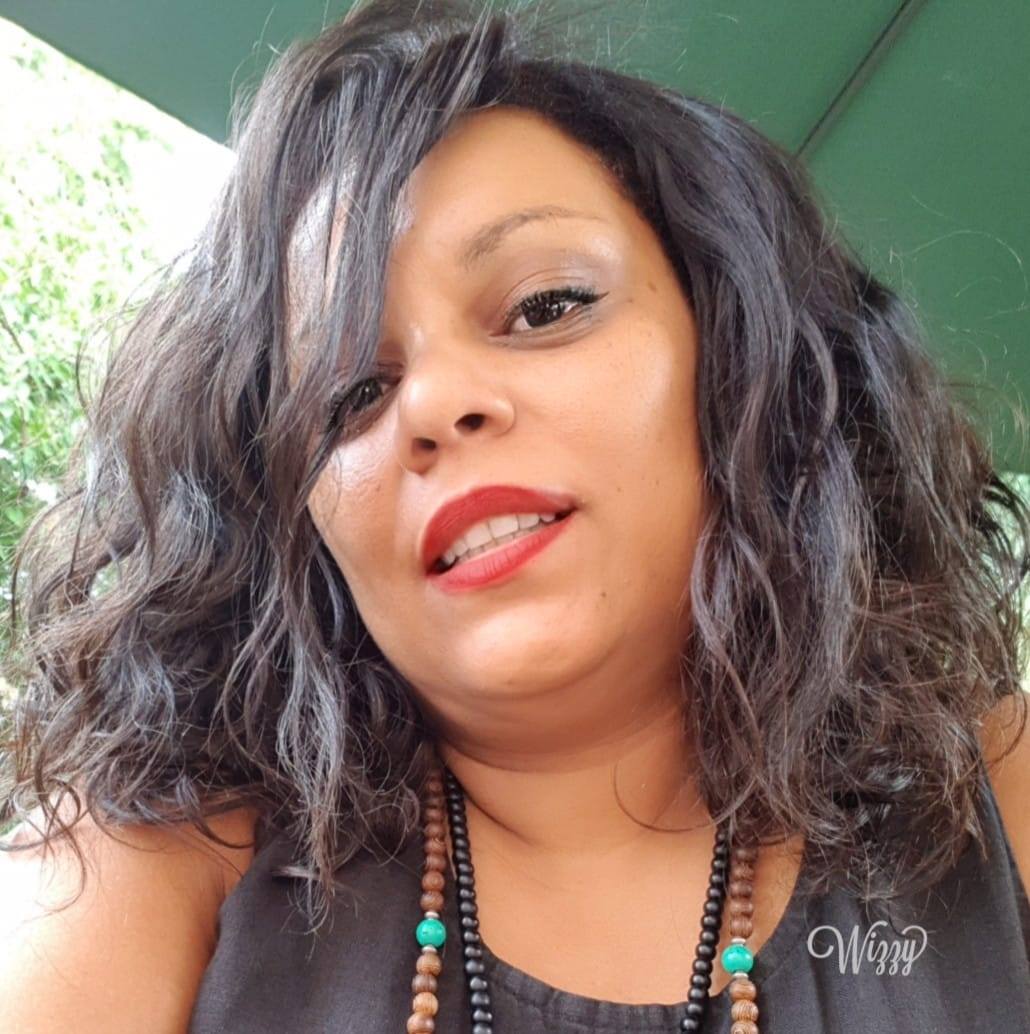
I also used to form affinity groups within my companies, which are smaller groups of employees within one organization. The members of these groups share or have an interest in a particular culture, gender or sexual orientation, generation, race or national origin. When I created them, I avoided forming groups that would cause distance or further division among employees, instead of being supportive and collaborative.
“Cultural awareness is a key when looking to expand a company into other markets”
Again, I encourage people with different ways of thinking and living to join together to solve problems. The different ways of approaching a difficult situation and going about fixing it. When brought together can give a space to extremely creative and unique ideas that could not have been thought of in any other way. Taking the best of what each person has to offer and putting them together can create a kind of “super solution” that can bring innovative and revolutionary plans, strategies and ideas to your team and company.
Last but not least, I promote events in Italy that incorporate multiculturalism education with workplace competence and success. For instance, programs that focus on multiculturalism concerning awareness and communication to improve workforce collaboration and teamwork. Co-workers who experience communication difficulties due to lack of knowledge or generational differences benefit from learning more about how cultural differences shape the way employees communicate with each other and with customers and clients.
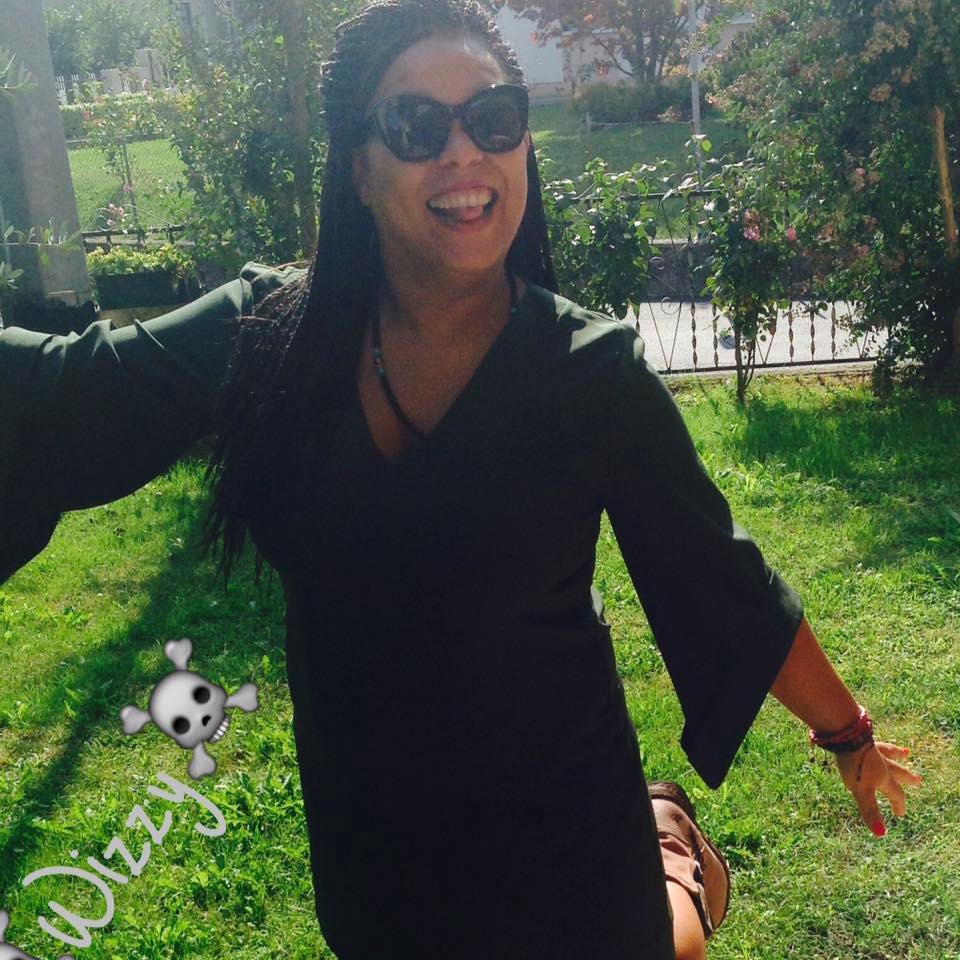
Cultural awareness is a key when looking to expand a company into other markets. It’s important to recognize that cultural habits and customs affect business and the workplace as well. It can be very risky for a company to begin operating in other markets without an active notion that things are most likely done in a different manner. When breaking into other markets, it’s essential to have people who will be aware of and willing to adapt to the different lifestyles and habits, and most preferably people who are already knowledgeable about it.
How has your company Dolomites Aggregates Link helped empower communities in Nigeria and beyond?
The story of my company starts far beyond the last half century when another company was started by my father in the early 60s. There is a long story going on since then, especially during the Biafran War. Many Biafrans were saved by my father and employed in his company, and in the following years, the company’s policy was to empower young talents. To teach them a technical or professional job that would give them the enthusiasm of occupying and investing their lives in something valuable. Dolomite Aggregates Link is mainly reserved to specialized people that have knowledge in mining and quarry issues.
My main focus is to empower youth and women in some of my businesses that are affordable to their ability and talents.
What does the future hold for your company and community of biracial identities?
The future surely holds a lot of surprises in both of my businesses, for Dolomites Aggretates Link, there will be a restyling and change over very soon. In my community of biracial identities, there is already a huge series of one-to-one Mentorship Programs, Special Events and a particular book dedicated to the mixed youngsters and their ability to be a bridge in an ocean of multicultural experiences.
Special thanks to Mirela Sula, CEO & Editor in Chief of Global Woman Magazine. It’s beign an honor knowing you and your beautiful energy. And to Cynthia Vera who took care of my words and vsion. I’m very grateful and stay always blessed.
SOURCE: http://londonbusinessmagazine.com/luisa-casagrande-cultivating-a-multicultural-community-through-creative-pursuits/

